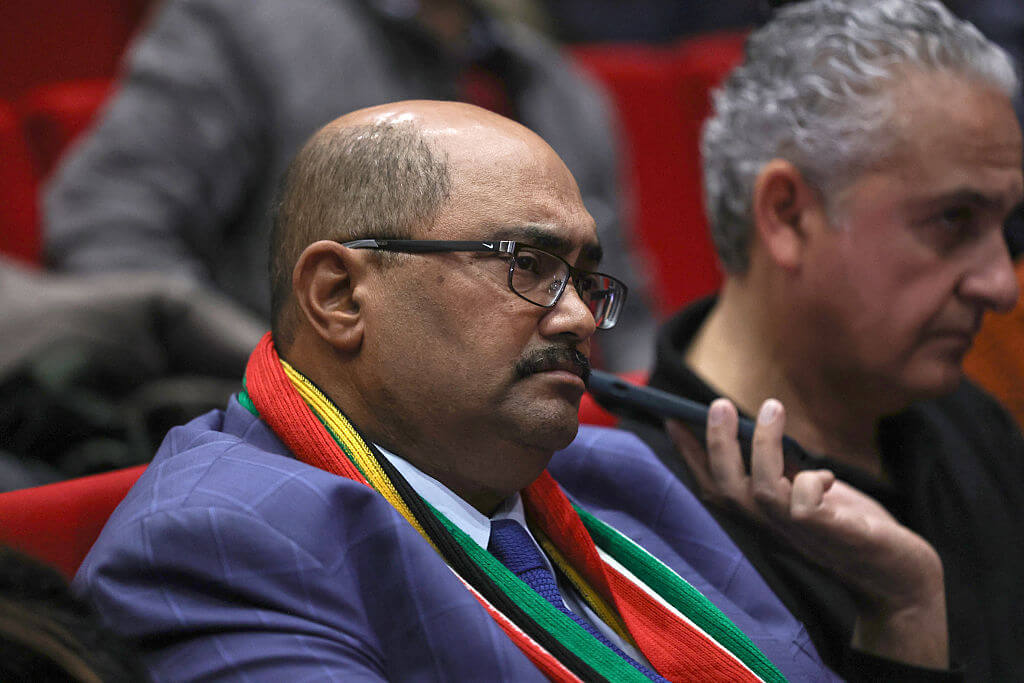Secular Israelis Accept Orthodox Services
Haifa, Israel — Until recently, the tradition on Yom Kippur at Kibbutz Nachshonim, a secular kibbutz in central Israel, was a barbecue — in defiance of the somber religious tone of the day. But times have changed. Five years ago, to the dismay of some elderly and ardently secular members of the kibbutz, younger kibbutz leaders invited in an Orthodox organization to transform the kibbutz’s communal hall into a synagogue.
Kibbutz Nachshonim is one of around 250 venues across Israel where the Orthodox organization, Tzohar, will send rabbis and volunteers for Yom Kippur services in an effort to confront the antipathy that many secular Israelis have toward Orthodoxy.
The incredible growth of Tzohar’s Yom Kippur program — twice as many will attend its services as did five years ago — is one more sign of an increasing interest in religion among Israel’s population, which has a long-held reputation for being overwhelmingly secular. Several recent signs suggest that this is changing. The number of pupils in secular schools opting for extra Jewish studies tuition has risen by 92% in the past two years. On top of this figure, the Reform movement runs educational activities in 80 secular schools, whereas five years it did so in only 10. The Conservative movement has grown significantly: This Yom Kippur, the movement estimates that 30,000 people will go to its synagogues; in 2003 the figure was 18,000.
The predominant religious institutions in Israel, however, are still the state-sponsored Orthodox synagogues, which many secular Israelis still see as a no-go area, leading Tzohar to set up its program in 2000 to provide an Orthodox religious experience outside the synagogue.
“Secular Jews are largely scared to enter their local synagogue,” Moshe Beeri, Tzohar’s chairman, told the Forward. “Seats belong to members. Visitors don’t know where to sit, or when to sit. They aren’t familiar with the service, and people don’t help them. So they just don’t come.”
Outside of the Yom Kippur services, Tzohar is well known for providing rabbis who are sensitive to the needs of the secular population to officiate at weddings and shiva houses.
For Yom Kippur, Tzohar’s program is known as Praying Together, and Tzhohar expects to offer it to 50,000 people this year — double the number from just five years ago. The services, which are run by some 2,000 rabbis, yeshiva and seminary students, and young couples recruited by Tzohar, are informal and, most importantly, free of charge.
Alon Sorek of Kibbutz Nachshonim says he and many younger members of the kibbutz have been excited about the Tzohar services, but there have been divisions.
“I want the children of the kibbutz to feel it is Yom Kippur, as it is part of who we are. But five or so older members gather outside to protest, making a lot of noise,” Sorek said. “They say, ‘What you are doing is not appropriate for a secular kibbutz.’ The irony is that often their children and grandchildren are in the service inside.”
Beeri and other Tzohar leaders say that the motivation to hold these services does not grow out of a desire to make Israelis more religious, as is the case with outreach groups like Chabad Lubavitch and Aish HaTorah.
“We don’t see it as our job to convince people to observe mitzvoth, and think that rabbis who do are the reason that we are in the situation we are in today — essentially with two nations, one religious and one nonreligious,” Beeri said.
Experts on religion is Israel, such as Ephraim Tabory at Bar-Ilan University, said that Tzohar’s motivation comes out of a religious Zionist’s urge to see a more unified Israeli populace.
“It is trying to reduce tension between the religious and nonreligious by giving the nonreligious a way into Jewish heritage,” Tabory said. “People believe this, which makes its program popular.”
Bar-Ilan University political scientist Asher Cohen, an expert on religion in Israel, said that the program is a rare example of Orthodox rabbis giving secular people what they want without a religious agenda.
“With the current trend, people want to grow in Jewishness but not necessarily in Judaism, and this helps them to do that,” Cohen said.
For Tzohar’s purposes, the demographics least likely to attend synagogue are the prime candidates for its program. One such group is the secular members of kibbutzim: Twenty kibbutzim are signed up this year. Another is immigrants from the Soviet Union, widely considered the Israeli demographic least interested in Judaism. One in five Tzohar services is conducted in Russian.
“In many towns in Russia, there were no synagogues, and many Russians living in Israel don’t know what synagogue and the Jewish religion are all about,” secular and Russian-born Boris Grossman, deputy mayor of Ma’ale Adumim in the West Bank, told the Forward.
Grossman will be among the 450 local Russian speakers who will gather in the municipal hall for a Tzohar-run service. “Having explanations in Russian is the only way that most of these people would even consider entering a synagogue,” Grossman said.
Tzohar’s program also fills voids in religious services caused by population shifts away from urban centers. One example is a service at Moshav Eshtaol near Beit Shemesh, which has become a trendy place for secular professionals relocating from Tel Aviv and Jerusalem.
There, the two synagogues are run in accordance with the Yemenite rite, as the founders of the moshav were religious Yemenites.
“I went to one six years ago — the first year we moved here — and could not understand anything that was going on,” said Rivka Haze, a 55-year-old marketing executive and member of the moshav. “Now we have a Tzohar service and sit together long after Kol Nidre, holding discussions, but if there were not [a service], many of the 100 or so secular non-Yemenites would stay at home.”
















